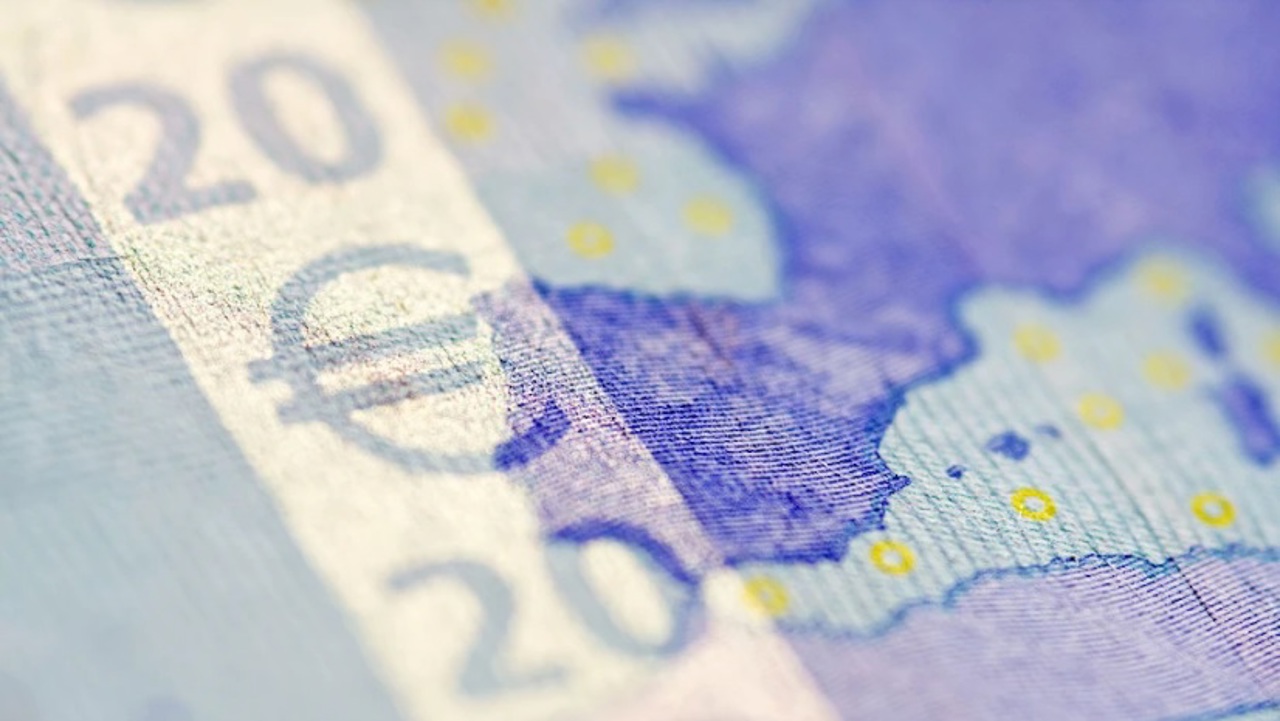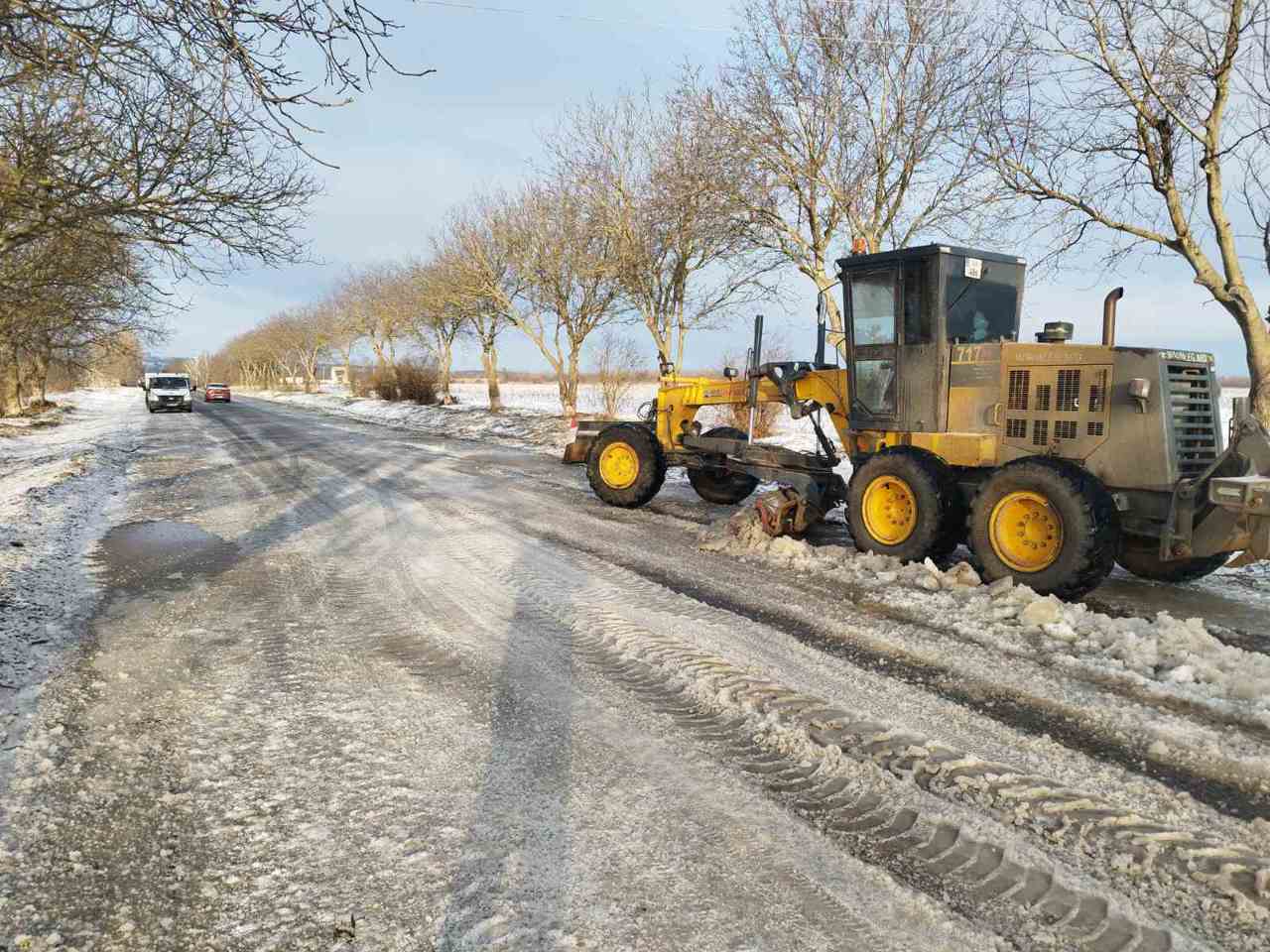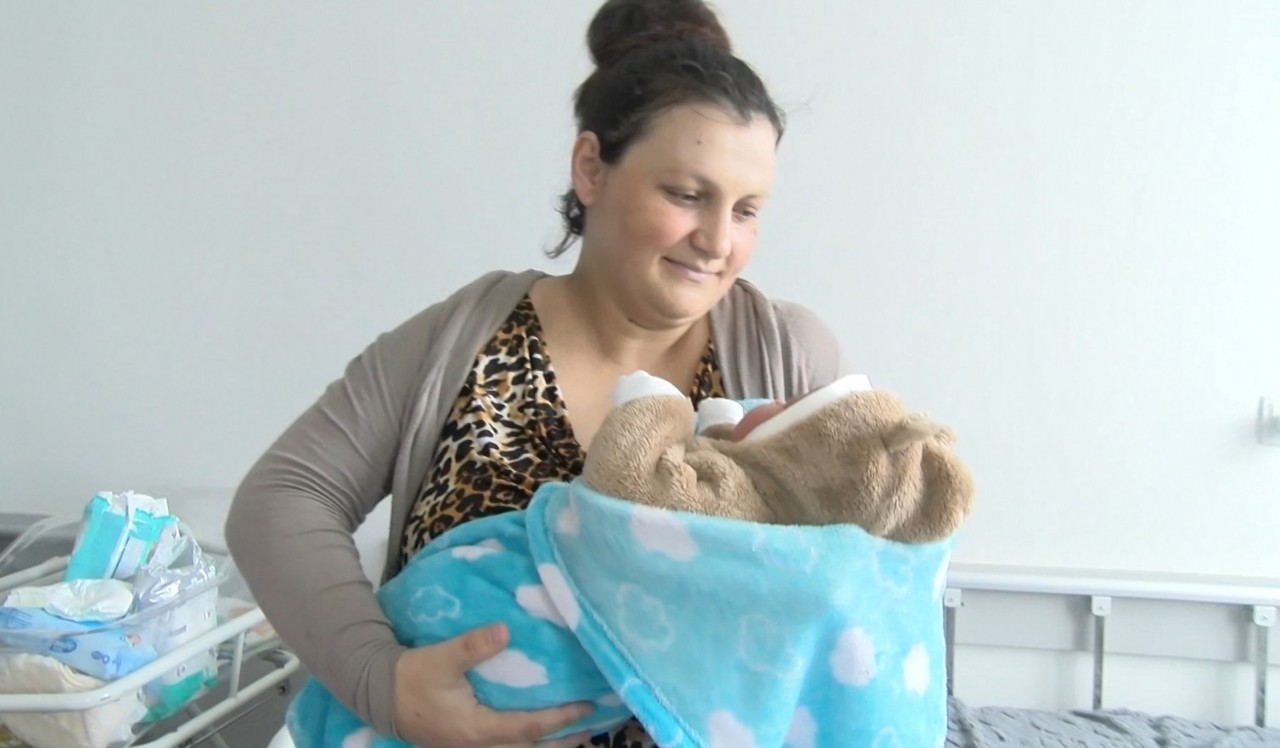Euro zone saw winter recession, more challenges ahead
The euro zone economy fell into a technical recession in the first three months of 2023, data from statistics agency Eurostat showed on Thursday as signs emerge that central bank rate hikes will crimp the region's future growth prospects, Reuters reports.

Gross domestic product (GDP) for the 20-country euro zone fell by 0.1% in the first quarter compared with the final quarter of 2022, when GDP also slipped by 0.1%, revised from a previous reading of zero. Two successive quarters of contraction are commonly described as a technical recession.
"Domestic demand is not in a good place," Oxford Economics' analysts said in a note, adding first-quarter public spending saw the largest contraction on record except for during the first wave of coronavirus lockdowns in 2020.
"Going forward, growth will remain soft despite dropping wholesale energy prices, as monetary policy tightening dents investment and still-present inflationary pressures constrain consumption," they said.
Separately, economists polled by Reuters expect quarterly growth to rebound by an albeit modest 0.2% in each of the remaining three quarters of this year and tip the European Central Bank to hike by a further 25 basis points at both its June and July meetings in its effort to counter stubborn inflation.
The revision was principally due to a second estimate from Germany's statistics office showing that the euro zone's largest economy was in recession in early 2023.






